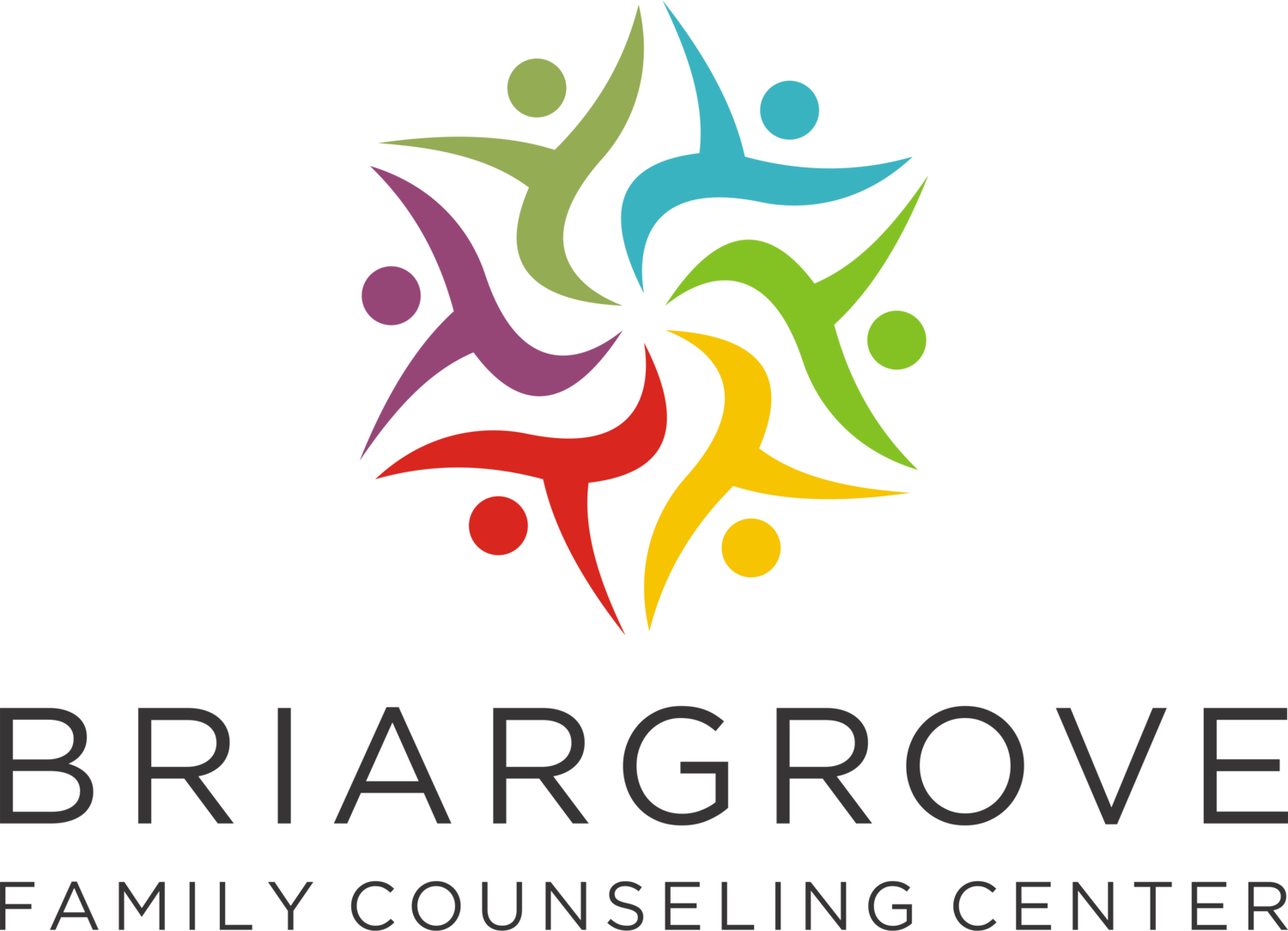Why Won't My Adult Child Talk To Me?
Since the pandemic began, we have been flooded with positive tearjerking stories of family members physically separated for months or years and finally reconnecting. However, other stories were not highlighted: estrangement. Many parents wondered, "If I’m hospitalized, will my child, who hasn't spoken to me in seven years, come to visit?"
Psychologists specializing in family discord spend most of their time with parents dealing with intense grief and anxiety about their relationships with their adult children. Even responsible parents are not immune from experiencing rejection from their children when older. Parents and their adult children have different perspectives on the present and the past; and this makes understanding the other's perspective challenging. It is common for estranged parents to say that their adult children are making false accusations of them, distorting the past, and refusing to recognize the care they did show. Adult estranged children commonly accuse their parents of gaslighting them for not acknowledging the pain they have caused or are currently inflicting, ignoring their boundaries, and refusing to accept their prerequisites for a healthy relationship. When children choose to disconnect, many parents feel mystified, especially if they have given their children a life they consider enviable compared to their childhoods. There is a myriad of reasons for estrangement.
Here are common ones to consider.
4 Reasons Why Adult Children Don't Talk To Their Parents
Cultural Shifts- Neither side usually recognizes how much the laws of family life have altered dramatically over the past half-century. Before, family feuds were over land, heirlooms, and other tangibles. Parents held legal rights to disinherit children. Now, disagreements tend to be more psychological than physical making them more challenging to resolve. There has been a seismic shift from concern about duty, community, and family to one’s own personal happiness, mental well-being, and success. Choosing which friends and family members to include and which ones to let go of has become essential for achieving that happiness. Part of the selection process includes a system for determining who has healthy behaviors and who has toxic ones. If a person’s behaviors are viewed as toxic, they may remove themselves from the impact of those behaviors. Therefore, even though family conflict is not particularly modern, the frequent practice of alienating a family member as an indication of personal health & growth is fairly new.
Complications After a Divorce- For both moms and dads, divorce increases the chance of estrangement. Divorce has been shown to alter long-held familial ties of affection, appreciation, and responsibility. As a result of anger, frustration or bitterness against their ex-spouse, a parent may negatively influence a child to think negatively of the other parent. Once grown, the adult child may reflect on the past and change his allegiance to support one parent and despise the other. Additionally, when parents split or remarry, bringing in a new set of people, such as a stepparent or stepsibling, can put the youngster in a position of competition for resources causing resentment. In either case, a family's paths can be altered by divorce.
“Helicopter” or “Latch-Key” Child- Perceived Parenting- Attachment research has shown that parents are uniquely important to children because the security and other emotional and psychological states of offspring depend on the quality of their relationship with their parents. However, some parents become more anxious attempting to provide a secure attachment to their children. There is a risk that children have been exposed to more of the parent’s anxiety and worry due to the increasingly prevalent practice of cautious, conscientious parenting. We know that anxious parents tend to have anxious kids. While desiring to protect and keep kids safe with parenting efforts, children can feel frustrated and restricted. Sometimes, they feel they cannot restore their footing until they are securely beyond their parent's reach.
On the opposite end, sometimes children may feel excessive responsibility for their parents. Some children feel their parents had more of a “hands-off” approach and weren’t there to give them what they felt they needed. Perhaps, the parent intended to instill a particular value like responsibility. However, children may feel there has been a role reversal. The child feels it was their job to care for the parent and later resent that parent. In either case, the child feels unsupported or even unaccepted for themselves and may reject the parent later in life.
Anger- This is the hallmark reason behind most estrangement. A child feels angry at being misunderstood or unheard. This is generally a tough decision to make and happens after attempts for you to understand them. It could mean that boundaries have been crossed repeatedly. Children may distance themselves emotionally and physically so boundaries are not crossed. If adult children are in the household with you, children may be angry at the expectations and responsibilities held for them in the home.
Even if a situation can't be fixed, it doesn't mean that the people involved must be cut off forever from one another. It takes work to repair an estranged relationship. Don’t judge yourself harshly. You are not responsible for how your child chooses to live their life at present. No parent is perfect, and it’s okay to recollect events differently than your child did. Being conscious of your thoughts and feelings at the moment can help you avoid unhelpful stances like becoming defensive or critical. Validate your perspective. You have a right to your perspective. Take responsibility for wrongs done in the past, apologize for those wrongs, and seek to improve the relationship as it works for both adult people. It is okay to validate your child’s perspectives….even if you disagree. This does not mean you are siding with them or your perspective isn’t true. It is acknowledging your child has a perspective like you have a perspective. Avoid getting into debates about who is right and who is wrong. Reconciliation or restoring a relationship is not always possible, especially when there is a danger to health or safety. If beginning the conversation is challenging or you feel you may benefit from a non-judgmental objective perspective, reaching out to a counselor may be helpful.
References:
Ainsworth, M. S., & Bowlby, J. (1991). An ethological approach to personality development. American psychologist, 46(4), 333.
Bowlby, J. (1980). Attachment and loss: Volume III: Loss, sadness and depression. In Attachment and Loss: Volume III: Loss, Sadness and Depression (pp. 1-462). London: The Hogarth press and the institute of psycho-analysis.
Bowlby, J., & Ainsworth, M. (2013). The origins of attachment theory. Attachment theory: Social, developmental, and clinical perspectives, 45(28), 759-775.
Carr, Kristen; Holman, Amanda J.; Abetz, Jenna; Koenig Kellas, Jody; and Vagnoni, Elizabeth, "Giving Voice to the Silence of Family Estrangement: Comparing Reasons of Estranged Parents and Adult Children in a Non-matched Sample" (2015). Papers in Communication Studies. 66.
Colin, V. L. (1996). Human attachment. Temple University Press.
Festen, H., Schipper, K., de Vries, S.O. et al. (2014) Parents’ perceptions on offspring risk and prevention of anxiety and depression: a qualitative study. BMC Psychol 2, 17

